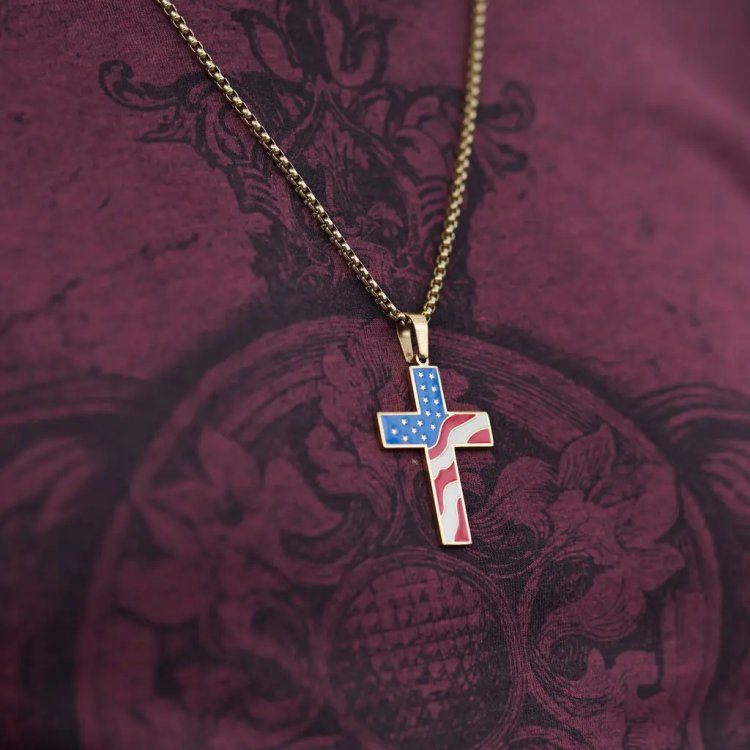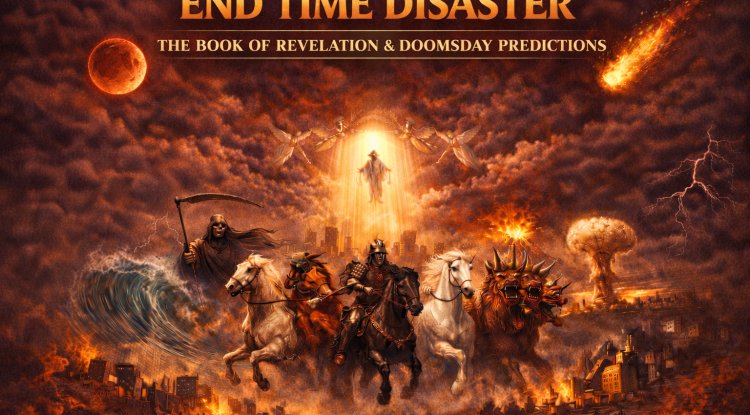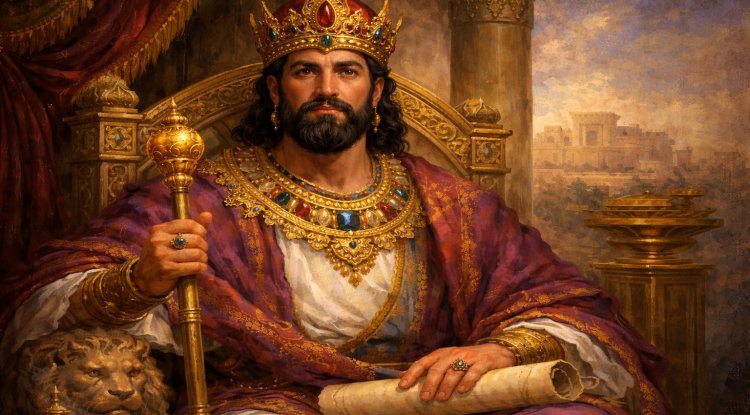EVANGELICALS IN AMERICA DIVIDED: CHALLENGING THE NARRATIVE OF TRUMP AS GOD'S CHOSEN

After the assassination attempt on Donald Trump on July 13, a viral video on social media showed images of Jesus with a crown of thorns, blood streaming down his face, followed by photos of Trump. A few days later, evangelist Franklin Graham publicly endorsed Trump at the Republican National Convention, claiming that "God spared his life."
However, the claim that Trump is chosen by God is not accepted by all evangelicals. Many of them believe that Trump actually stands in direct opposition to their faith. They argue that following Jesus means having the courage to speak out against corrupt power and working to build the kingdom of heaven on earth, which, for them, includes mobilizing voters to oppose the former president in the 2024 election.
Jim Wallis, an evangelical Christian pastor and social justice activist, stated that this movement is not about supporting a particular political party. "This isn't about being a Democrat or a Republican," he emphasized. Instead, they focus on religious values that prioritize service to others, especially the poor and the oppressed.
Bishop William Barber II, who leads the revival of the Poor People's Campaign, reminds that Jesus always sided with the weak and the poor. The campaign he leads aims to mobilize millions of poor voters to elect candidates who truly fight for their rights, not just pursue a particular political agenda.
Doug Pagitt, an evangelical pastor who founded Vote Common Good, is also traveling across various states to rally Christian voters against Trump. Pagitt and his colleagues believe that they can influence evangelical voters to detach themselves from the MAGA (Make America Great Again) movement and choose candidates more aligned with Jesus' teachings.
The history of evangelicals in America teaches that Christian faith is about taking real action to improve the world, as was done by the anti-slavery movement in the 18th and 19th centuries. Evangelicals opposing Trump believe they are returning to these roots, prioritizing the welfare of society and social justice.
Meanwhile, many other evangelicals continue to support Trump despite his record of behavior that contradicts Christian teachings. However, for those who oppose him, this presidential election is an opportunity to show that their voices matter and can determine the direction of America's future.
The big question now is whether the Democratic Party will embrace these evangelicals, who are proving to be a persuadable voting group, and whether they will have a significant influence in determining the outcome of the 2024 election.
What's Your Reaction?




















